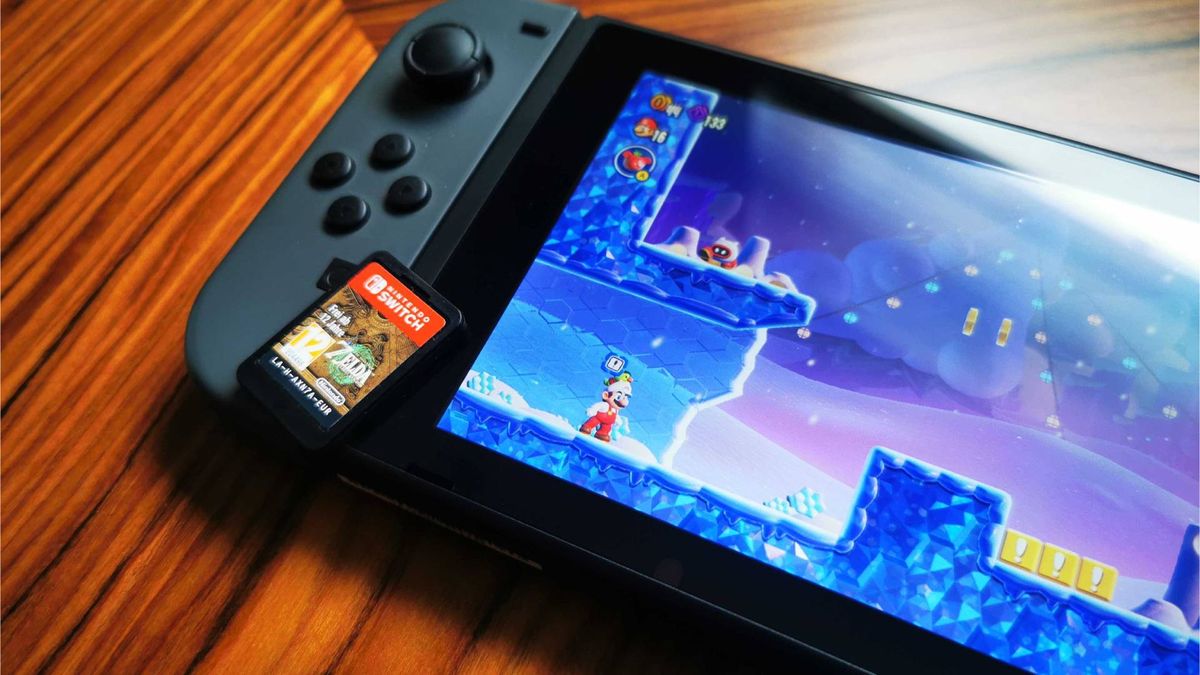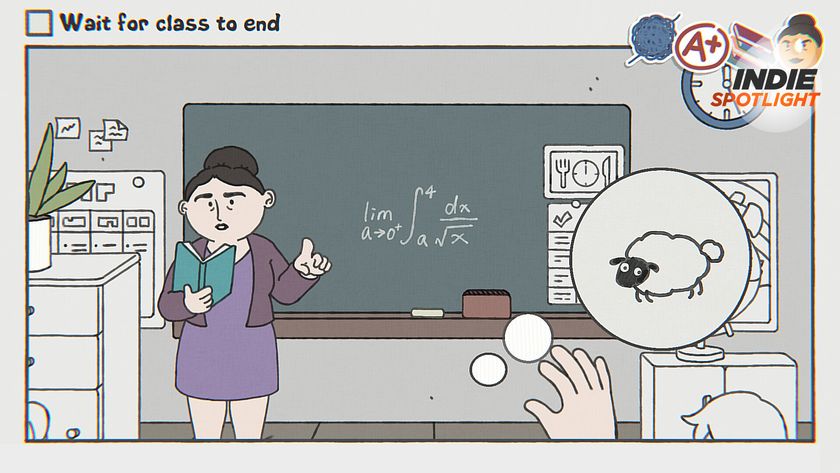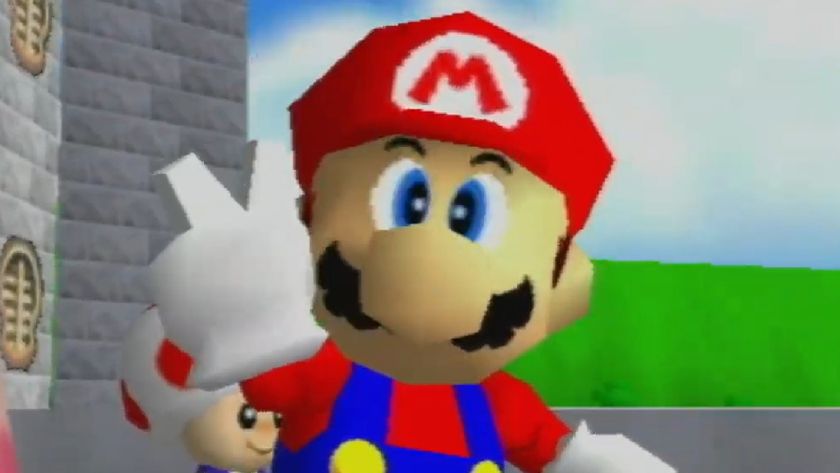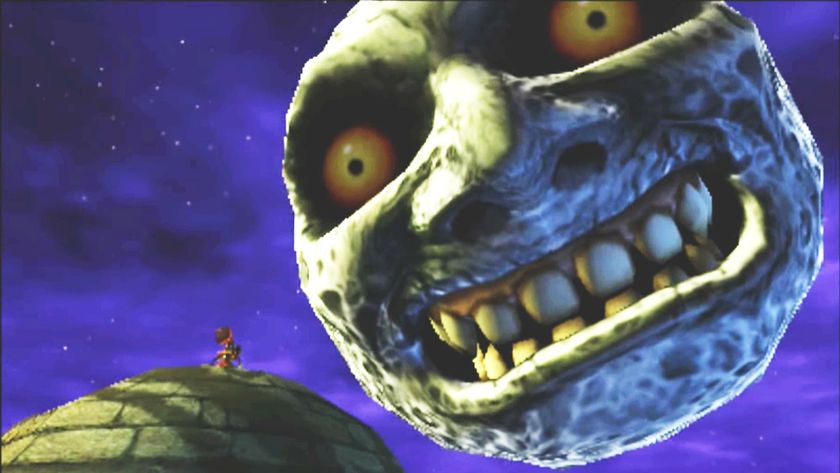Yuzu devs pay Nintendo $2.4 million, shut down the massive Switch emulator, declare "we cannot continue to allow" such "extensive piracy," and pull all code offline
Update: In less than a week, the Yuzu devs agree to a settlement and shut it all down

Update: On the heels of its settlement with Nintendo, Yuzu's development team released a public statement explicitly confirming that the emulator is dead and will soon be scrubbed from the internet. The timing and wording of the statement has raised eyebrows and alarms among emulation enthusiasts, with many worrying that it sets a bad omen for other emulator projects. The full statement reads:
"We write today to inform you that Yuzu and Yuzu's support of [sister emulator] Citra are being discontinued, effectively immediately.
"Yuzu and its team have always been against piracy. We started the projects in good faith, out of passion for Nintendo and its consoles and games, and were not intending to cause harm. But we see now that because our projects can circumvent Nintendo's technological protection measures and allow users to play games outside of authorized hardware, they have led to extensive piracy. In particular, we have been deeply disappointed when users have used our software to leak game content prior to its release and ruin the experience for legitimate purchasers and fans.
"We have come to the decision that we cannot continue to allow this to occur. Piracy was never our intention, and we believe that piracy of video games and on video games consoles should end. Effective today, we will be pulling our code repositories offline, discontinuing our Patreon accounts and Discord servers, and, soon, shutting down our websites. We hope our actions will be a small step toward ending piracy of all creators' works.
"Thank you for your years of support and for understanding our decision."
Original story:
A new court filing says that the developers behind the popular Switch emulator Yuzu have agreed to pay a $2.4 million settlement to Nintendo, and the not-yet-official final judgment suggests that the software itself is not long for this world.
Sign up to the 12DOVE Newsletter
Weekly digests, tales from the communities you love, and more
In a joint filing published today, Nintendo of America and Tropic Haze LLC - the company behind Yuzu - now "consent to judgment in favor of Nintendo, and jointly move the Court to enter monetary relief in the sum of $2,400,000.00 in favor of Nintendo and against defendant."
The proposed final judgment and permanent injunction would have the Yuzu devs permanently barred from "offering to the public, providing, marketing, advertising, promoting, selling, testing, hosting, cloning, distributing, or otherwise trafficking in Yuzu or any source code or features of Yuzu." The terms would also have the Yuzu website shut down, and would have the devs turn over any "physical circumvention devices" or modified Switch consoles to Nintendo itself.
That judgment has, again, not yet been made final, but given the the filing was made jointly between lawyers representing Nintendo and Tropic Haze, it's safe to say that the future for Yuzu does not look bright.
Emulation itself is not illegal - in fact, you can argue that the Switch itself is a massive emulator by Nintendo's own design. Nintendo's suit against Yuzu instead argued that the emulator illegally circumvents the Switch's game encryption keys, and that the emulator helped promote 1 million illegal downloads of Zelda: Tears of the Kingdom before launch.
All this is awaiting a judge's go-ahead, but notably, this settlement would keep the case from being vigorously tested in court. In the US, there hasn't been a large-scale trial for an emulator since Bleem, a PlayStation emulator that was sold in stores while the PS1 was still on the market. Sony sued the makers of Bleem, but the emulator devs won that lawsuit, setting the precedent that emulation software is legal to develop and sell.
This Yuzu settlement would not change that precedent. While this is all very bad news for Yuzu and its developers, emulation - especially when it comes to emulators that don't include ways to circumvent copy protection - is likely to continue without much issue.
Nintendo threw quite a fit when the Zelda: Tears of the Kingdom leaks hit last year.

Dustin Bailey joined the GamesRadar team as a Staff Writer in May 2022, and is currently based in Missouri. He's been covering games (with occasional dalliances in the worlds of anime and pro wrestling) since 2015, first as a freelancer, then as a news writer at PCGamesN for nearly five years. His love for games was sparked somewhere between Metal Gear Solid 2 and Knights of the Old Republic, and these days you can usually find him splitting his entertainment time between retro gaming, the latest big action-adventure title, or a long haul in American Truck Simulator.
- Austin WoodSenior writer

This puzzle game has done the impossible: waiting around for something to happen has never, ever been this fun

A week after suffering webcam tragedy, blindfolded Super Mario 64 speedrunner casually breaks 3 world records in 4 days: "Another day in the office, another world record"
Most Popular







